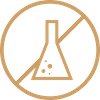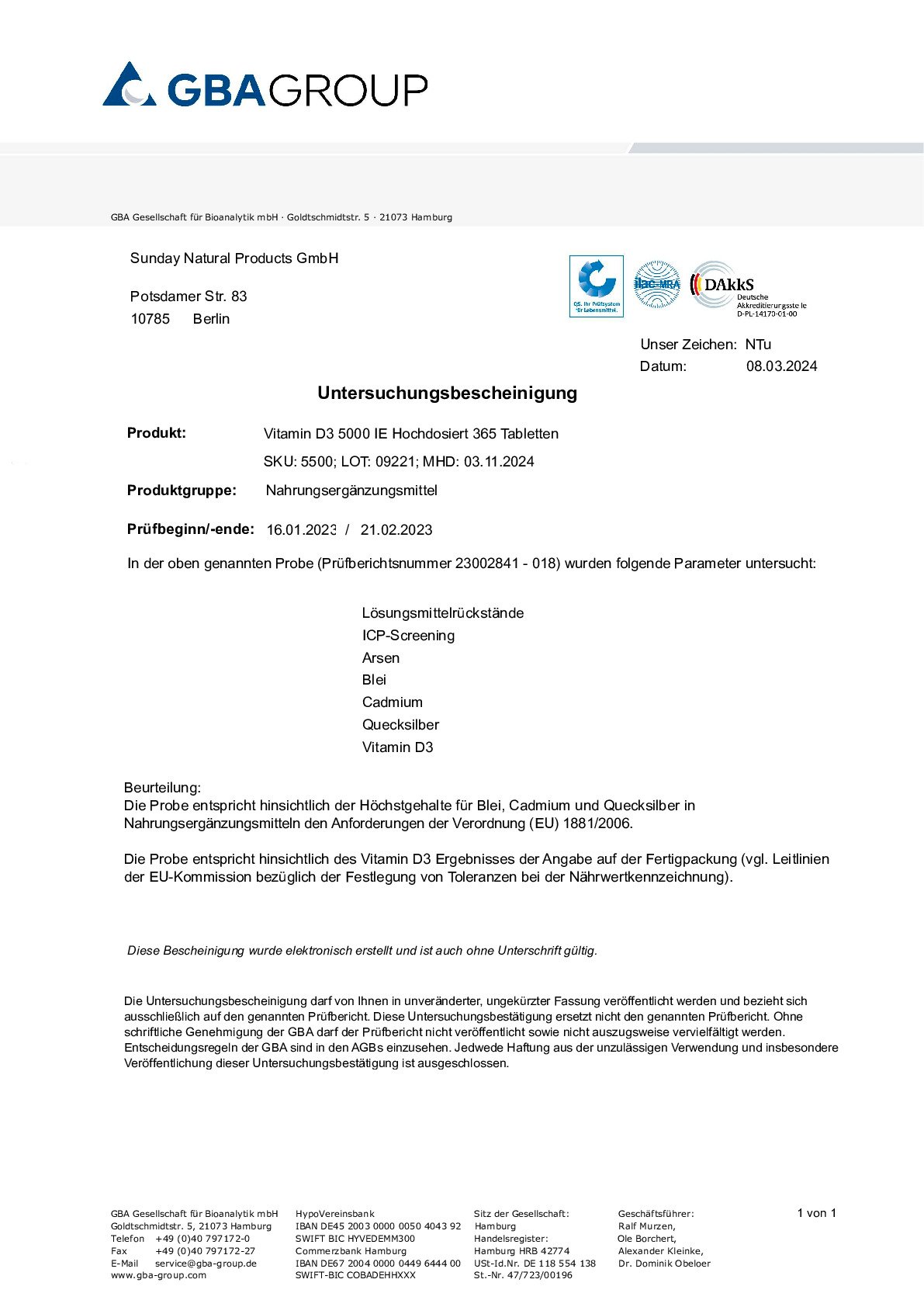Vitamin D
Vitamin D3 naturally occurs almost exclusively in animal sources, particularly in fish, dairy products, eggs and meat. Plants, such as lichens and various fungi, contain only very small amounts of the much less effective form of vitamin D2.
Vitamin D plays a very important role in the body. It is one of the few vitamins that is not absorbed directly from food, but rather produced by skin cells from sunlight. It is not a vitamin in the traditional sense of the word, but rather a pro-hormone. In contrast to many other vitamins, vitamin D is converted into an important hormone which regulates cell functioning and bodily processes. Almost all bodily cells have special receptors for the vitamin D hormone that are dependent on sufficient supply.
Vitamin D and vitamin K2 are cofactors in the regulation of calcium metabolism. Together, the two vitamins control the formation and breakdown of bone cells and important transport molecules that ensure the correct utilisation of calcium. Our vitamin D3 and K2 MK7 combines the two nutrients in a ratio that ensures optimal synergy.
Vitamin D is still being intensively researched. New mechanisms of action of this fascinating vitamin are discovered almost every year. So far, the following statements on vitamin D have been released by the EU (EFSA):
Vitamin D contributes to:
- Normal absorption and utilisation of calcium and phosphorus
- Normal calcium levels in the blood
- The maintenance of bones
- The maintenance of normal muscle function
- The maintenance of healthy teeth
- Normal immune system functioning
- Cell division
Vitamin K2 and Vitamin D
Vitamin K2 is the most important active partner of vitamin D in the regulation of calcium metabolism. Together, the two vitamins control bone-building, the breakdown of cells and important transport molecules that ensure the correct utilisation of calcium.


























